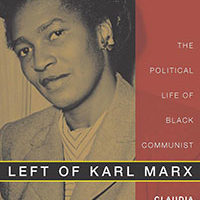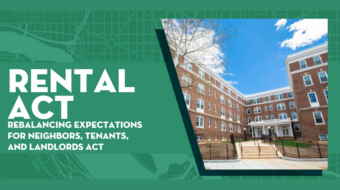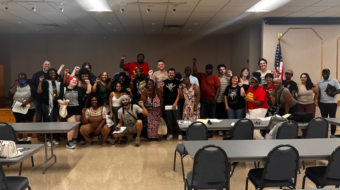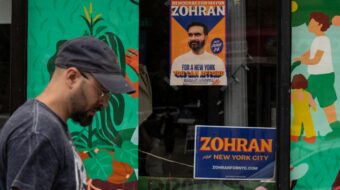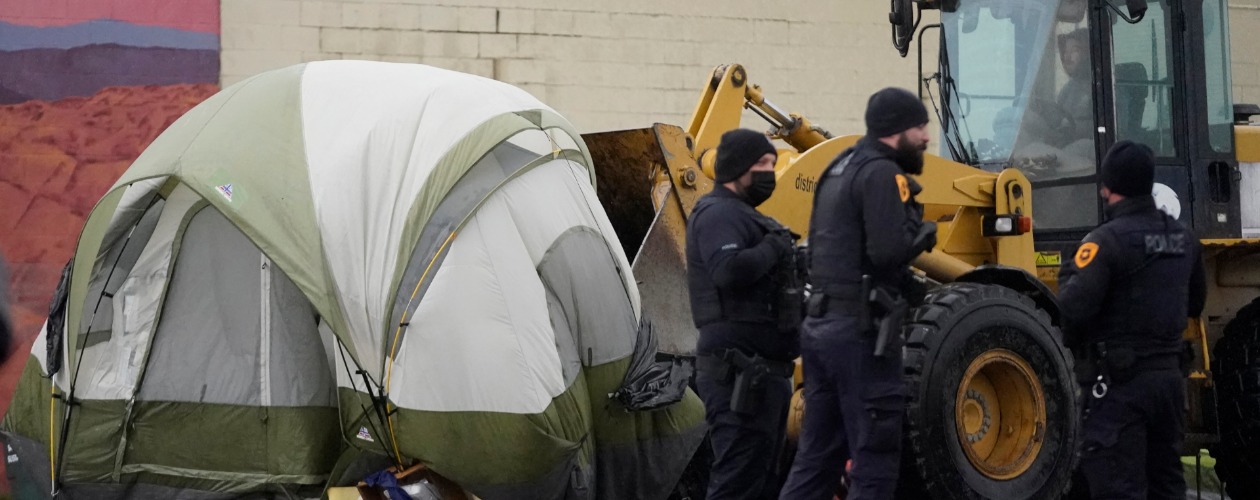
WASHINGTON—On Dec. 21, the D.C. City Council voted to allow Mayor Muriel Bowser to continue evicting unhoused residents from encampments all over the city even after outrage from city residents and some councilmembers themselves.
The bill rejected by the council, introduced by Ward 1 councilmember Brianne Nadeau, would have prevented Bowser from clearing unhoused encampments from the start of hypothermia season up until April 1, 2022. The only exceptions would have been encampments that block public spaces, are located on school grounds or at a public playground, or have materials that pose a substantial health risk.
The vote on the bill had been postponed from earlier in December.
Nadeau’s bill would also have:
- Stopped the creation of “no tent zones,” which criminalize homelessness, and reverse existing no tent zones until the end of hypothermia season;
- Ensured the continuation of access to housing and services while restoring and/or maintaining encampment hygiene, sanitation, and promoting fire safety;
- Stopped the use of police and heavy machinery to engage with encampments;
- Make it harder (but not impossible) for the mayor to evict encampment residents during the winter, and;
- Shifted D.C.’s encampment response to focus on housing and support rather than harm and displacement.
Bowser’s administration launched a program earlier in the fall to house residents that were living in encampments located in the NoMa underpasses around the intersection of 20/21st and E St. NW, and New Jersey and O St. Park NW.
Its primary objective was “to provide intensive case management and behavioral health/substance use services to encamped individuals while working to connect clients to appropriate housing opportunities.” In October, D.C. crews largely cleared out an encampment in NoMa until hitting an unhoused person in a tent with a small bulldozer.
The Way Home Campaign, a coalition of groups in D.C. fighting against homelessness, has been one of the most vocal voices in this struggle against the encampment evictions.
During Tuesday’s vote, they memorialized the more than 69 people who died without housing in D.C. in 2021 to commence National Homeless Person’s Memorial Day. In a statement issued after the failed vote, the campaign noted:
“While we are dismayed by yesterday’s vote, we are proud of how our community showed up. Together, we forced the majority of the D.C. Council to go on record and say publicly that they are content to preserve a program that bulldozed a human and used 35+ police to evict an encampment over the guidance of dozens of local and national organizations.”
The Campaign noted their victories as well, which included a commitment from Mayor Bowser to not evict the encampments at 21st and E and 25th and Virginia, the two remaining sites of the CARE Pilot Program.
They’ve also managed to change the narrative of the CARE pilot program, educating the public about the harm of encampment evictions and raising awareness about the need to focus on housing without displacement and harm.
It also took note of the power and influence it has built, showing the D.C. Council that “thousands of residents expect them to put the needs of unhoused residents first.”
The Campaign also said in its statement that this was a vote against racial justice, noting that “more than 85% of people [in D.C.] are Black.”
Councilmembers Nadeau, Janeese Lewis George, Trayon White, Robert White, and Elissa Silverman all voted “yes” on the resolution. January will mark the start of an election year in D.C., and activists and groups like The Way Home Campaign will be working to influence the mayoral or other D.C. government races.


